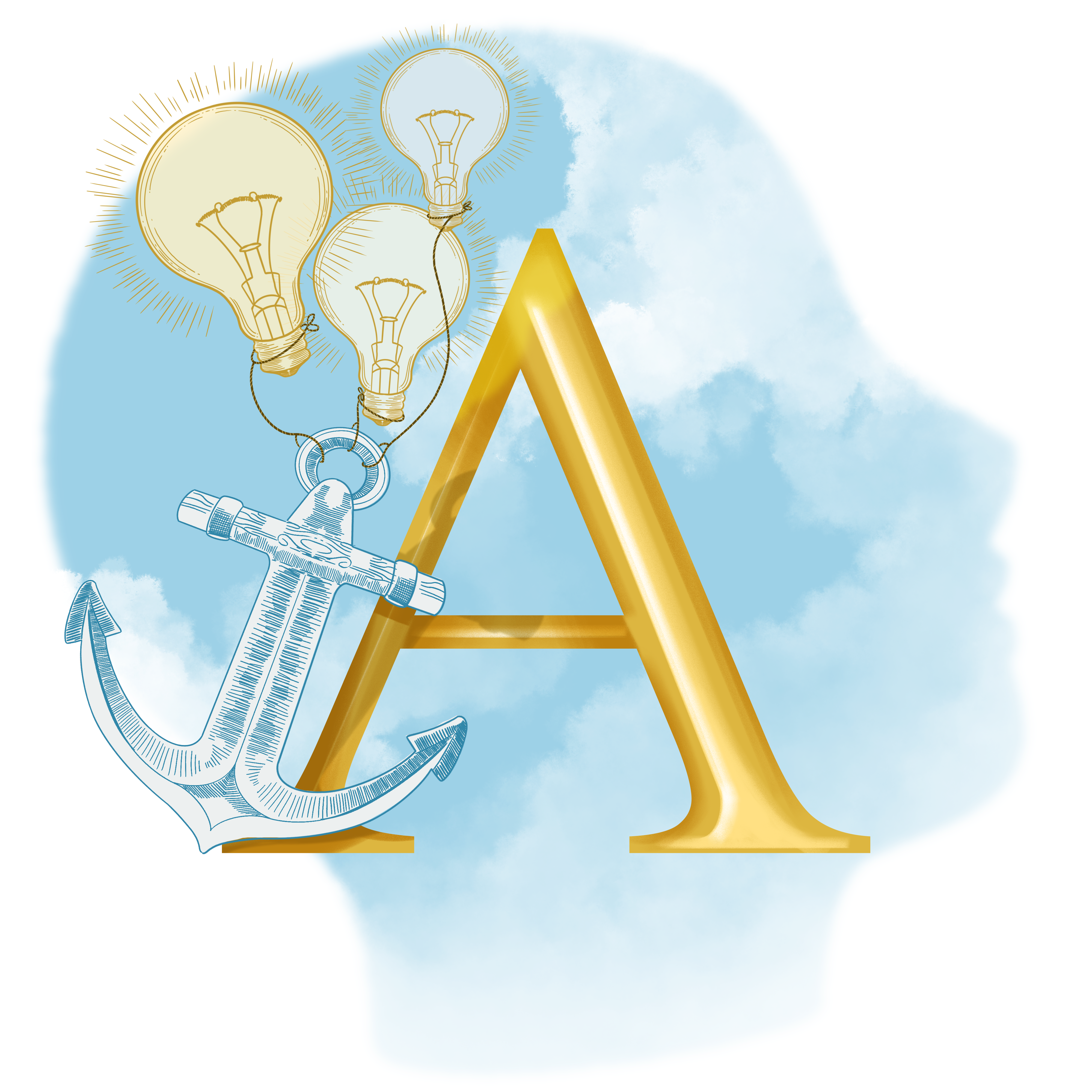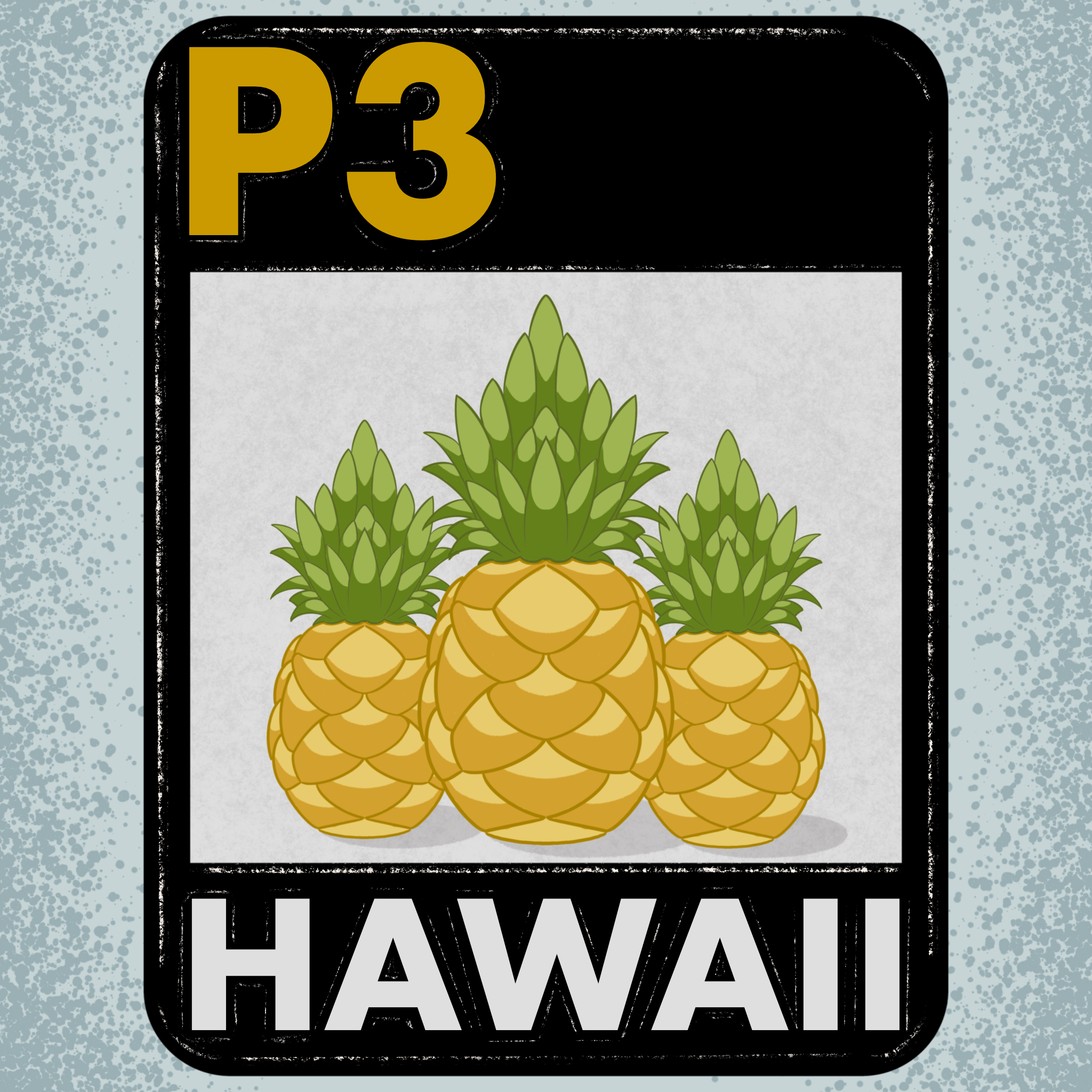19 Association
 “A” Association
“A” Association
The “A” of LEARN stands for “ASSOCIATION.” New learning benefits from making connections with what you already know. Prior knowledge is like an anchor, it stabilizes new knowledge by connecting it in memory together.
Learners gain knowledge and skill by:
- Understanding how Association benefits knowledge
- Learning strategies to connect old knowledge with new
- Connecting new information with interests
Part 1: Introduction of Association
The State of Minnesota may be best known for its cold winter temperature and the number of lakes, but not outdone is the landmark, Mall of America. With parking for about 12,000 cars, the Mall of America, or (MOA) as it is referred to by Minnesotans, is like a working city! After a long day of dining, shopping, and riding roller coasters, it is not unheard of to forget where your family parked their car.
Not to worry, MOA, like students and memory experts (more on that later), know the key to quickly making new memories is ASSOCIATION. Each parking level, let’s say level 3, is marked with a US state like Hawaii, along with an image related to that state, like a Pineapple, along with a large letter P for parking. Visitors are encouraged to make a fast association. “I ate 3 pineapples in Hawaii.”

Associations are memory tools, and they are used to expand upon new information, which is like the practice of Elaborating on new information. Unlike elaboration, though, which emphasizes expanding upon knowledge, association is based on connected to-be-learned information with something you already know.
You likely have experience using association through mnemonics. Mnemonics is a fancy word for “memory tool.” The words Memory and Mnemonics come from the Greek word “mneme,” which means memory. Did you know there was even a Greek Goddess called Mnemosyne? This emphasizes how important the idea of memory was in ancient times. Greek and Roman cultures named Gods and Goddesses for major Earthly phenomenon like wind, water, love, and war, just to name a few.
Find out more about the Greek Goddess of Memory here:
Mnemosyne The Greek Goddess of Memory
Bowen, K. (2022, January 2). Mnemosyne The Greek Goddess of Memory.
What memory tools can you remember? Mnemonics usually come in the form of rhymes or series of letters called acronyms that take a lot of information and group it down into something smaller and more memorable. The one I remember the most from my childhood is: My (Mars) Very (Venus) Educated (Earth) Mother (Mercury) Just (Jupiter) Served (Saturn) Us (Uranus) Nine (Neptune) Pizzas (Pluto) to remember the names of the planets. This won’t work for those of you who learned about Pluto in the last 15 years being downgraded to a dwarf planet! Nevertheless, consider what mnemonics you remember, often from K-12 education.
One I still use is: PEMDAS or: Please Excuse My Dear Aunt Sally. PEMDAS, as an acronym, signifies with each letter the mathematical operation required in the correct order: Parentheses, Exponents, Multiplication, Division, Addition, and finally, Subtraction.
